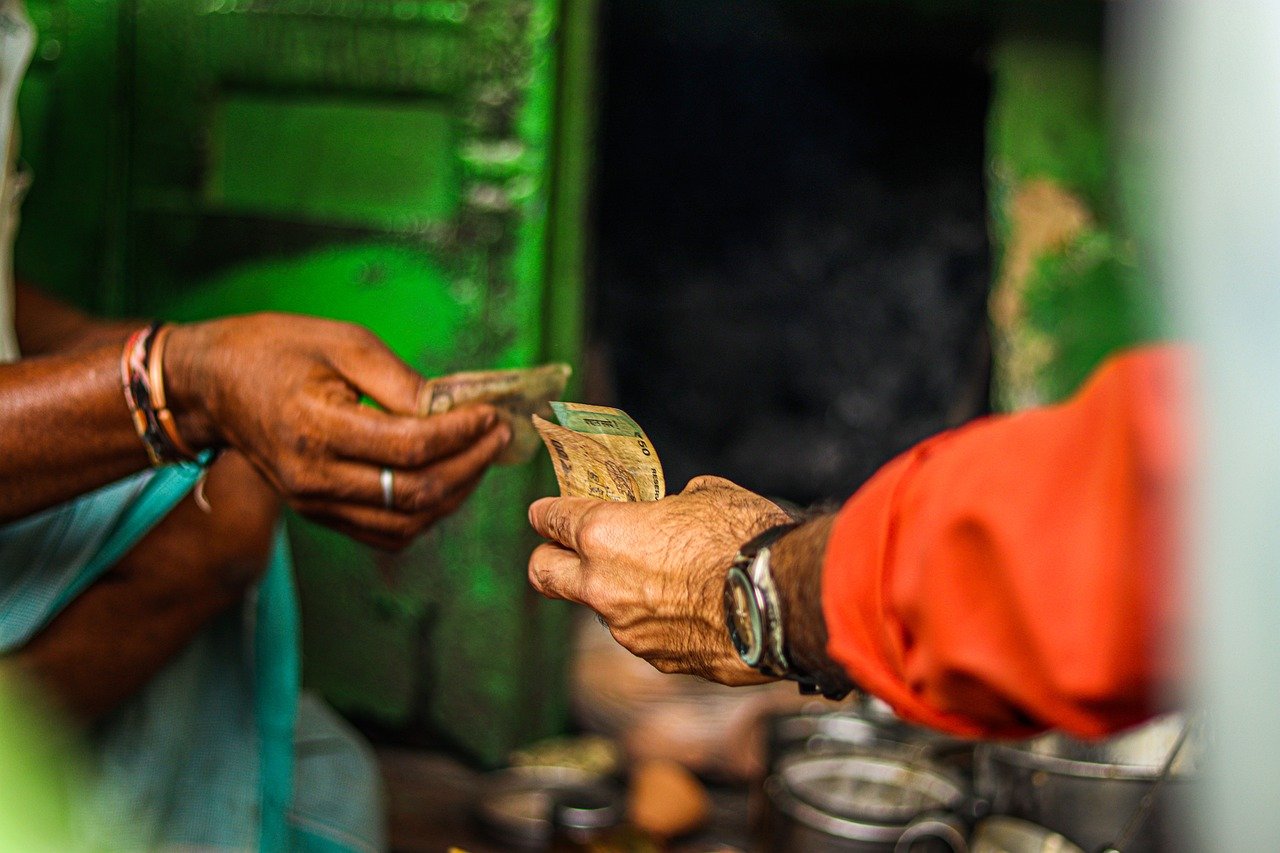In South Asian communities stretching across India, Pakistan, Bangladesh, Nepal, and Sri Lanka, and among families across the world, the concept of “status” holds deep social and emotional weight. It shapes how people live, what they value, and how they see themselves and others.
From a young age, many South Asians are taught that success is not just a personal pursuit but a family duty. Education, career, marriage, and even lifestyle choices are often guided by how they will be perceived by the wider community. The phrase “What will people say?” echoes through countless households, influencing decisions in ways both subtle and profound.
While ambition and hard work can be sources of pride and stability, the relentless pressure to maintain or elevate family status can also lead to chronic stress, emotional suppression, and identity conflict. In this blog, we’ll explore where this pressure comes from, how it affects individuals psychologically, and how South Asians can begin to redefine success on their own terms.
Status
To understand why status matters so deeply in South Asian societies, we need to look at their collective and historical roots. For centuries, survival and social order depended on community belonging. Families were closely tied to their caste, class, or regional identity. Reputation and “honour” (izzat) determined access to opportunities, marriage alliances, and safety.
Over generations, this evolved into a deeply ingrained belief: how others see us determines our worth. In cultures like those across South Asia, individual choices reflect not just on oneself but on the entire family. Parents and elders often carry the weight of communal judgement, feeling responsible for maintaining a “good name.”
This cultural dynamic can foster strong family bonds, resilience, and mutual care. But it also breeds comparison, competition, and fear of failure, especially in a rapidly changing, globalised world where traditional values clash with modern aspirations.
Education and Career
Academic success is often the cornerstone of family pride. Children are taught that good grades and prestigious professions—doctor, engineer, lawyer are the ultimate proof of worth. A child pursuing art, sports, or social work might be met with confusion or disapproval. The message becomes clear: your career is not just about your happiness; it’s about how respectable your family appears to others.
Relationships
In many families, marriage is seen as a social milestone that affirms one’s maturity, morality, and family reputation. Who you marry, your partner’s religion, caste, financial standing, or even skin tone, can carry enormous symbolic weight. Love marriages, interfaith relationships, or delayed marriages often trigger gossip or concern. For many young people, the pressure to marry “appropriately” can overshadow their desire for emotional compatibility.
Material Display
Status also manifests through visible symbols: the house you live in, the car you drive, the parties you host, the children’s achievements you share on social media. These outward expressions of success reinforce a cycle of comparison that can make even content families feel inadequate or “behind.”
Anxiety and Perfectionism
Growing up under constant scrutiny can create deep-seated anxiety. Many young South Asians internalise the idea that love and approval are conditional, granted only when they meet certain expectations. This can lead to perfectionism, burnout, and an inability to accept mistakes. Failure becomes not a learning experience, but a source of shame.
Identity
When status defines worth, individuals often suppress their authentic desires to fit communal ideals and values. A young person passionate about writing may abandon their dream to study medicine. A woman may choose a partner to please her parents rather than herself. Over time, this erodes a sense of self, leading to confusion, resentment, and emotional detachment.
Guilt
The clash between tradition and individuality often leads to tension within families. Many second-generation South Asians living in Western countries struggle to balance personal freedom with duty. Guilt becomes a constant companion, guilt for wanting more autonomy, and guilt for disappointing those who sacrificed for them.
Depression and Shame
The fear of social judgement keeps many people silent about their struggles. Mental health issues are often minimised or hidden to preserve appearances. The stigma around therapy in some South Asian communities adds another barrier, leaving many to suffer quietly behind a mask of success.
Burden
For South Asians living abroad, status pressure takes on new forms. First-generation immigrants often endure hardship to build a better life, placing immense hope in their children’s success. For the next generation, achievement becomes not only personal but also symbolic, a way to validate their parents’ sacrifices and to prove that migration was “worth it.”
However, growing up between cultures creates identity tension. Western ideals of self-expression and individuality may clash with the collectivist values of one’s heritage. This can result in what psychologists call “bicultural stress” – the emotional toll of living between two worlds and never feeling fully at home in either.
Success
Breaking free from status-driven conditioning doesn’t mean rejecting one’s culture- it means finding balance and authenticity within it. Healing begins with awareness and compassion.
Pattern
The first step is recognising how status consciousness shows up in your life. Ask yourself: Whose approval am I seeking? What am I afraid would happen if I disappointed others? Simply naming these fears can be liberating.
Self-Compassion
Many South Asians are raised to be self-critical, equating humility with worthiness. But true growth begins with gentleness. Self-compassion involves treating yourself with the same kindness you would offer a loved one. It helps dismantle the internalised belief that you must “earn” love through success.
Open Conversations
Bridging the generational gap requires empathy on both sides. Adult children can share their perspectives respectfully, while parents can reflect on how their expectations were shaped by their own hardships. When families shift from judgement to curiosity, healing becomes possible.
Seek Support
Therapy can be a powerful space to unpack these cultural pressures safely. A culturally sensitive therapist can help you separate your authentic values from inherited ones, and guide you toward choices rooted in self-trust rather than fear. Support groups, cultural dialogues, and storytelling platforms can also reduce isolation by reminding you that you’re not alone.
Redefining Status
Perhaps the most transformative act is to redefine what “status” means. Instead of measuring success by wealth, prestige, or approval, imagine a new definition: emotional balance, integrity, compassion, creativity, and joy. When success aligns with personal values rather than external validation, it becomes sustainable and deeply fulfilling.
Healing
Cultural change begins with collective reflection. As younger generations challenge traditional norms, conversations around mental health, authenticity, and vulnerability are becoming more visible. Parents are slowly learning that success is not only about achievement but about emotional well-being.
Communities that once valued silence are beginning to celebrate openness. Social media platforms and cultural organisations are hosting dialogues about identity, burnout, and mental health within South Asian contexts. Every such conversation chips away at the stigma that has silenced so many for so long.
To heal, we must hold our culture with both gratitude and honesty. We can honor our parents’ sacrifices while still creating space for authenticity. We can belong to our communities without being bound by them.
Ultimately, true status is not defined by how others see us but by how peacefully we can live with ourselves. In choosing authenticity over appearance, we begin not just personal healing, but cultural evolution; one honest conversation at a time.

